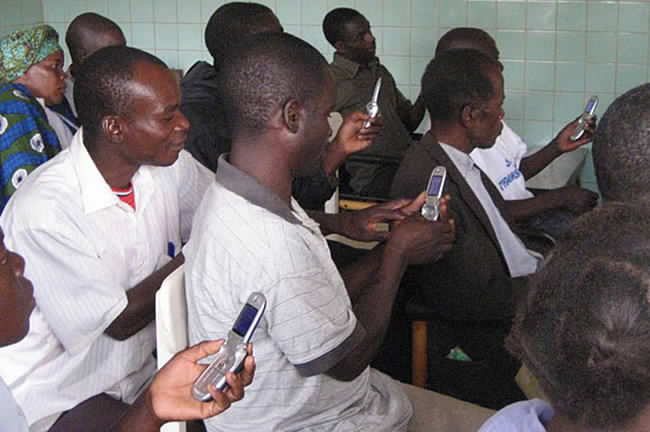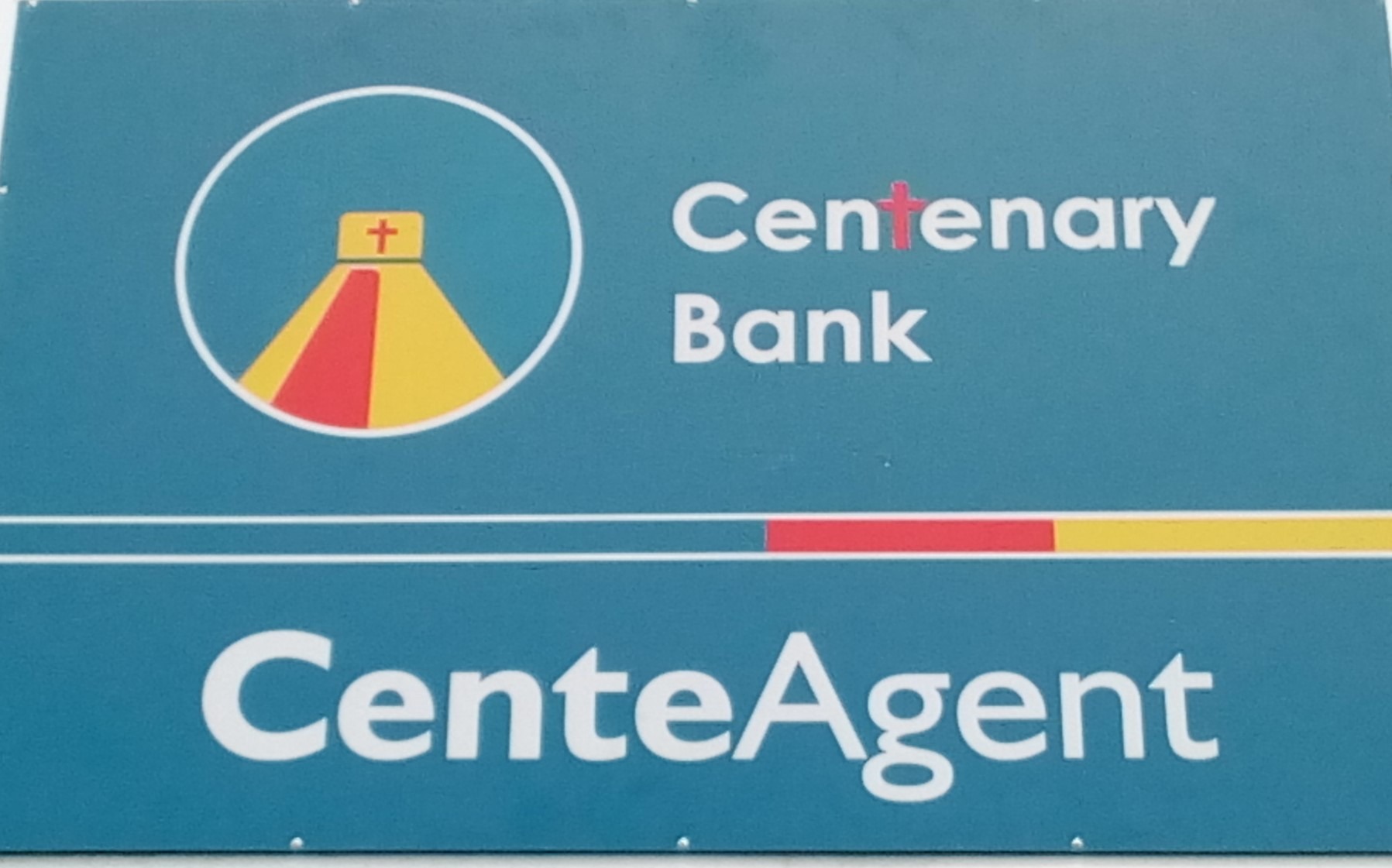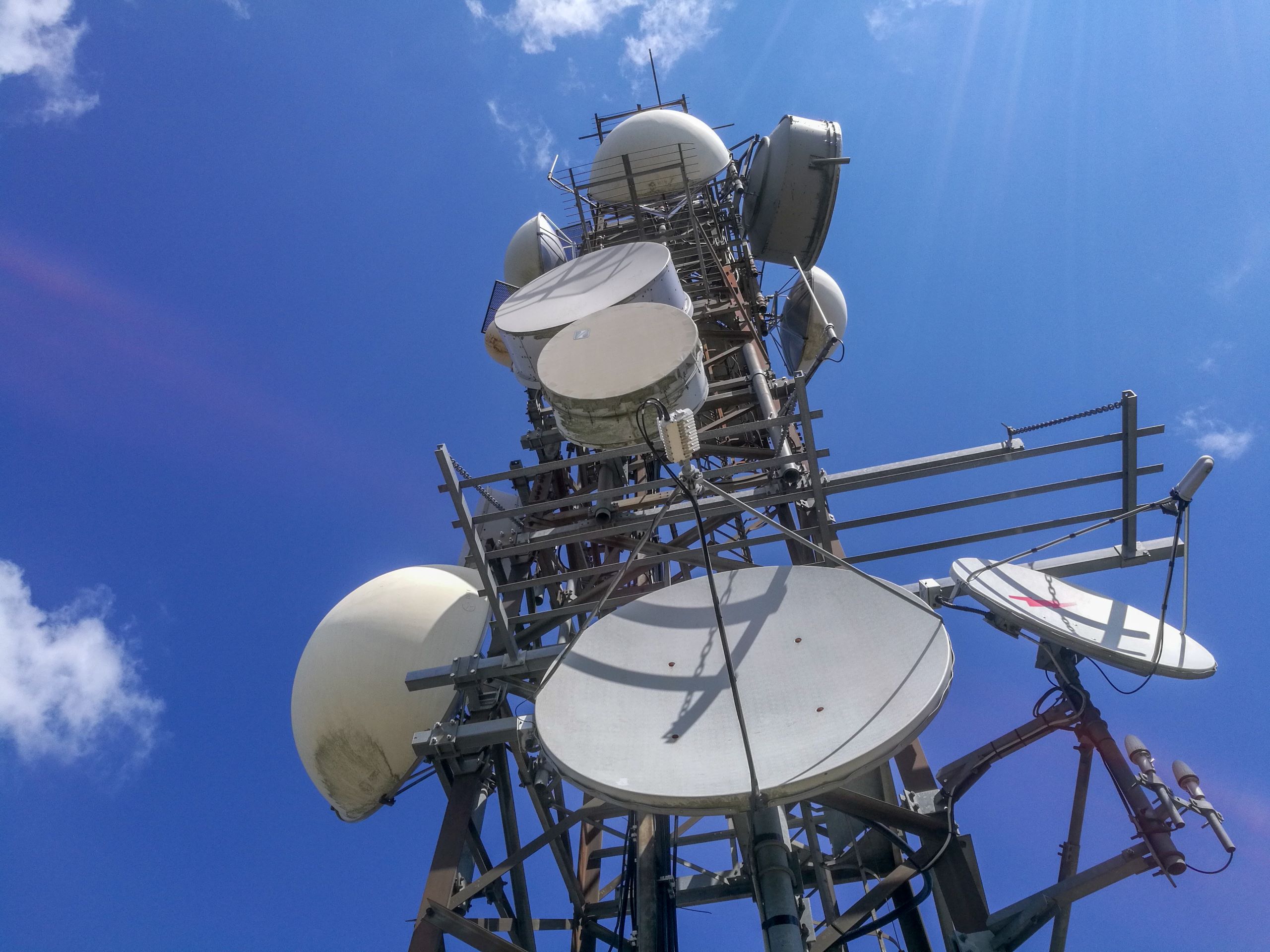Although the rate at which internet penetration and use in Uganda is growing fast, use of Mobile internet is particularly astronomical, which points to the fact that mobile internet is the way to go to drive and bourgeon further internet usage and penetration in the country.
Latest statistics from the Uganda Communication Commission (December 2014) shows that while fixed internet subscriber numbers grew from 110,400 to 123,400 between September –December 2014, the number of mobile internet subscribers grew from 4,669,492 to 5,694,930 in the same period, representing a 2.7 per cent and 22 per cent growth respectively.
This finding is consistent with the global trends. In their 2015 Global report entitled, “Mobile Evolution and development of the Internet,” the International Internet Society says that currently there are 3 billion people globally hooked onto the internet. This number has grown fast over the last couple of years, thanks to mobile internet. And the next 1 billion people to be hooked on the net will mainly be brought on by mobile internet.
The growth in mobile internet is attributed to the fact that the fixed internet has been restrictive and expensive because of its cable infrastructure. Mobile internet on the other hand is reaching even those who have no cable infrastructure. Besides, the use of the mobile internet is driven by the ever growing number of mobile devices- smart phones, tablets and other portable devices.
The Uganda Communications commissions reported that by December 2014, there were up to 20.6 million people subscribed onto the mobile telephone networks, basic infrastructure for mobile internet as well.
According to the Internet Society, by the close of 2014, the smart phones constituted the majority of mobile telephone gadgets sold and they estimate that within the next 2-3 years, the number of tables sold globally will outstrip the number of laptops sold.
Besides, the Society study also shows that today the number of people hooking onto the internet via apps (applications) far outstrips the number of people who hook onto the internet using the traditional browsers. All of these point to the increasing use of mobile internet, and equally points to its yet unexploited potential especially in developing countries like Uganda.
The use of mobile internet has been facilitated by the 2G, 3G and now 4G internet. In July, MTN Uganda launched a nationwide 4G internet- meaning, at least if their claim is anything to go by; that 4G internet speeds and quality can now be enjoyed by MTN subscribers anywhere in the country. Other 4G internet providers include Smile Telecom, Vodaphone and Africell- these however do not cover the whole country, at the moment mainly concerted in Kampala and surrounding areas.
The 4G refers to fourth Generation internet referring. A generation of internet technology refers to a non-backward compliant technology. Anew generation of internet has evolved nearly after every 10 years, starting with the analogue in 1992 (1G), 2G in 2001, 3G in 2007 and now 4G, which is preceding the upcoming 5G. The 4G technology started with the release of the Mobile Wimax and LTE technologies which enable wireless broadband. It has bigger capacity and faster internet speeds, compared to its predecessor, 3G.
According to the International Society widespread access to internet will bring about major transformation in the lives of millions of people, especially in the developing world. Availability of internet has brought about a multi-billion dollar entrepreneurship in app development. Today, there are over a billion apps, valued in billions of dollars. Development of apps has created a new stream of jobs and job creators, globally, and in Uganda. Besides, using internet people can now study and learn. Many people are actually able to learn a new trade, from which they can sustain a livelihood, thanks to internet.
Then there is a category of people who internet provides access to information they never had before which can actually help them to improve their trade. Internet could be used by the most basic of occupations like farmers, fishermen to improve their productivity, and therefore their incomes.
Internet is also key in improving people’s health, safety and security. Use of different applications can help people to improve their nutrition, their health and fitness, safety and security, all of which will help to preserve life, improve its quality and bring about longevity.
The big area that internet currently facilitates is entertainment because people are able to watch videos, read literature, network, watch TV, etc. Internet also brings a new dimension to governance as people have better access to information, governments can reach out to the population more easily and cheaply, let alone run internet facilitated governance tools like voting, monitoring, accountability, etc to the citizens.













